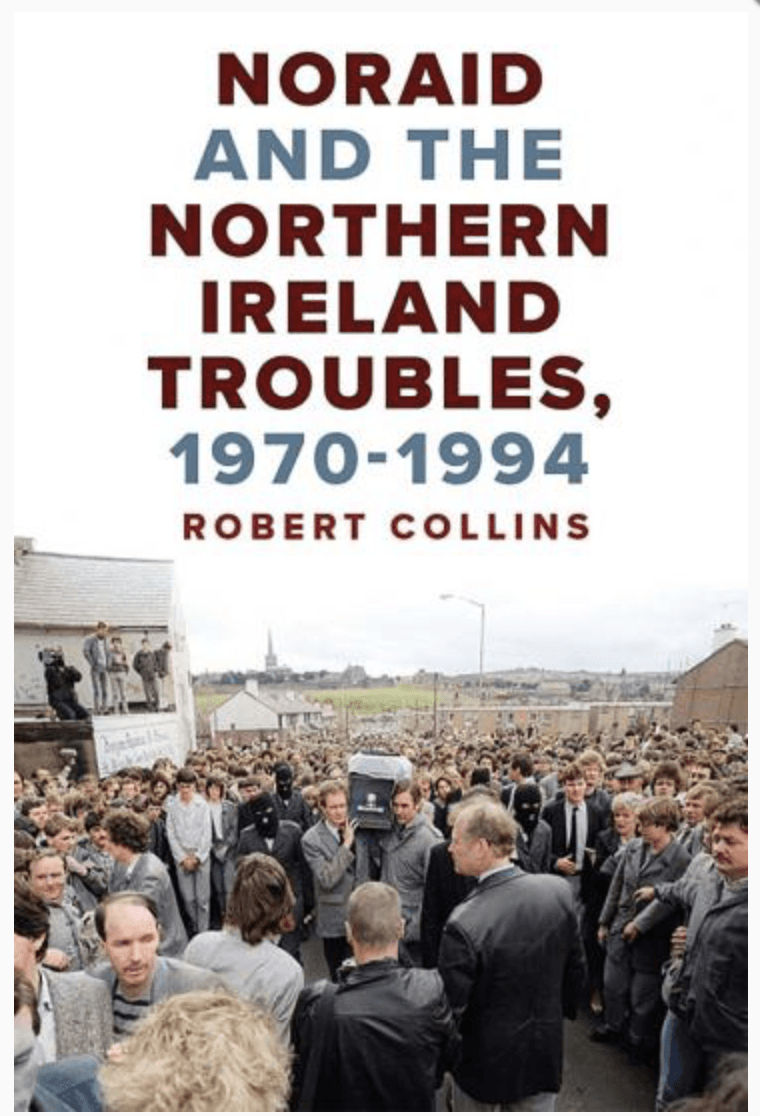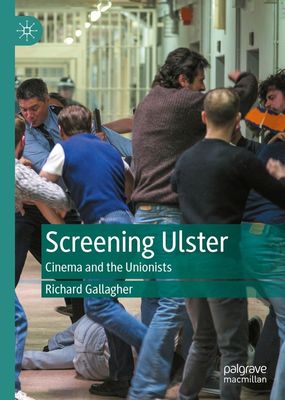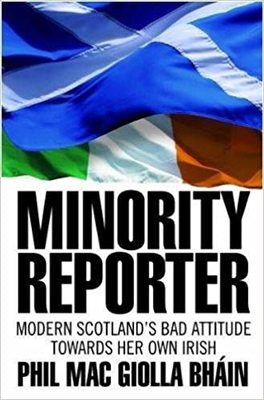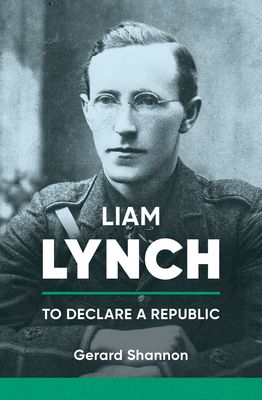Review of Noraid and the Northern Ireland Troubles, 1970-1994 by Robert Collins (Four Courts Press, £45/€50)
IN recent years, the USA has been widely and routinely praised for its help in forging the Good Friday Agreement.
Fair enough. But only up to a point, because it conveniently overlooks the fact that over the course of many years the United States’ authorities worked hard to undermine the republican struggle and they did so at the bidding of, and in collusion with, successive UK governments.
Several passages in this book are reminders of the way in which attempts by Irish Americans to lend both financial and moral support to the beleaguered people of the Six Counties were continually frustrated.
Republicans were barred from entry to the States. Those who did get in were deported. For a considerable period, the State Department didn’t lift a finger to help nationalists. As for Irish people on the run from unjust Diplock courts who sought sanctuary in the land of the free, they found themselves in prison awaiting extradition.
By far the most famous case involved Joe Doherty who escaped from Crumlin Road jail in 1981, during his trial for the killing of an SAS soldier, and managed to reach New York.
It was two years before the FBI found him working as a bar tender in Manhattan and arrested him. He responded by seeking political asylum and, for the following nine years, he was held in prison throughout a series of legal battles aimed at preventing his extradition.
His case became a cause célèbre, opening up debates about the collaboration between the UK and the USA, the politics of Margaret Thatcher and, significantly, the definition of what constituted a political prisoner.
Prior to the Supreme Court decision that led to his deportation (thereby consigning him to a further six years in jail), his incarceration became a rallying point for the Irish American community, which was promoted enthusiastically by the Irish Northern Aid committee, better known as Noraid.
The organisation highlighted Doherty’s predicament in order to publicise the plight of all those fighting to end British rule in Ireland and to raise money on behalf of hard-pressed nationalists.
As far as the British and their US allies were concerned, it was merely a front for the Provos. They argued that Noraid funded the purchase of arms which were then smuggled from the States into Ireland.
Whether it did or didn’t is not the concern of this book. The author is far more interested in the internecine conflict between the men (few, if any, women get a mention) who headed the organisations purporting to represent the best interests of Irish citizens in the northern war zone.
For several reasons, that makes it a tough read. For a start, the alphabet soup of acronyms – IAC, INA, INC, IDAF, IPOW, NAIJ, ACUJ, AFL-CIO, IPOW, ISDOJ, BIS and FARA – is a pain. But that’s by the by. It is the narrative itself, with its thicket of otiose information, which lacks lucidity.
Robert Collins has carried out meticulous research. Hats off to him for that. Yet, sadly, what has clearly been a labour of love for him will not find much love among readers. His account is replete with the minutiae of arcane political divisions, most of which are explored to little genuine effect.
The first to go was Flannery. He couldn’t stomach Sinn Féin’s 1986 decision to end abstentionism by standing for, and taking, seats in the Dáil. He resigned without making a public fuss, doing so discreetly in order to avoid the kind of public schism which he believed would have hampered Noraid’s fundraising efforts.
There is an absence of an overarching theme and, in spite of his dwelling on the ins and outs of personality clashes, there is little to no biographical material on those personalities. People appear and disappear without explanation of who they are and why they are thought to be important.
For example, the man who played a leading role in Noraid, Martin Galvin, arrives on stage without any description of his background or character. Collins acknowledges him as a major source, citing him more often than any other person, but doesn’t think it relevant to provide even a pen portrait of him.
Galvin, Noraid’s publicity director and one-time editor of the Irish People, often found himself at odds with Noraid’s founder, Michael Flannery. He, at least, is granted a reasonable profile.
Born in Offaly in 1903, he fought on the anti-treaty side during the civil war and, after his arrest, spent more than a year in the Curragh prison camp. He decamped to New York in 1927, operated as an organiser for Sinn Féin for a while, but retreated from political activity until 1969. Then he picked up the republican baton once more by creating Noraid.
There is no doubt that the organisation raised many hundreds of thousands of dollars for the cause. But there seems to have been an uneasy relationship between Flannery and Galvin, who, in public at least, realised the value of unity. It was a policy designed to bolster their central mission: to maximise donations on behalf of the movement.
That they raised as much as they did under persistent hounding from the FBI and in the face of continuous British propaganda is a tribute to them. But their unwavering belief that nothing short of a military victory by the IRA proved to be a turning point. They preferred the bullet to the ballot and could not reconcile themselves to politics.
The first to go was Flannery. He couldn’t stomach Sinn Féin’s 1986 decision to end abstentionism by standing for, and taking, seats in the Dáil. He resigned without making a public fuss, doing so discreetly in order to avoid the kind of public schism which he believed would have hampered Noraid’s fundraising efforts.
Although Galvin shared Flannery’s doubts he was closer to the Provisionals’ leadership and its thinking. He therefore kept the faith until 1994 and the dawn of the peace process. Once his initial cautious support for the process dissipated, he sided with the dissidents he had, to some degree, favoured all along.
Due to the belligerent stance of Flannery and Galvin, Noraid’s weakness lay in its failure to move beyond supporting the war to make political headway in Washington. That would have been of real benefit to Sinn Féin.






